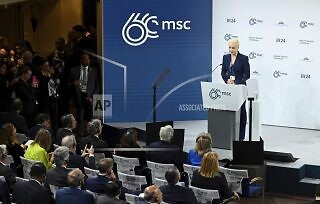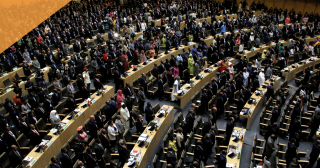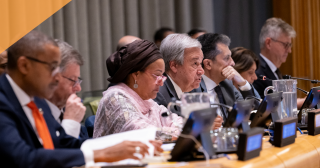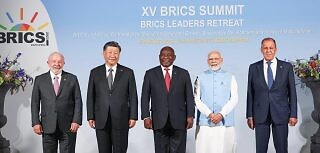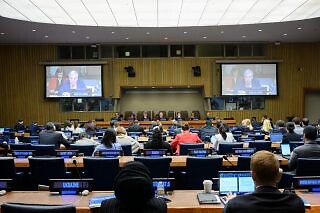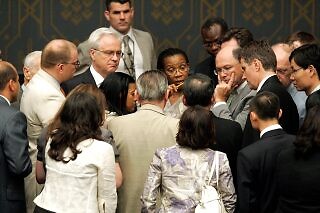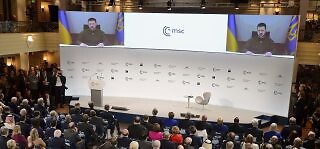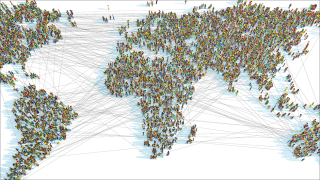It was a moment that no one present will soon forget. Just hours after the news broke of her husband’s death in a Russian prison, Yulia Navalnaya took the stage at the 60th Annual Munich Security Conference (MSC), in a previously unscheduled appearance, immediately following US Vice President Kamala Harris. Few could imagine the strength […]
Tag: multilateralism
-
-
The New Agenda for Peace provides an opening for continental actors to advance priorities at the global level. However, this requires the AU to deliver on revamping its own multilateral system as a springboard to reforming global multilateralism.
-
The New Agenda for Peace sets a clear vision for reforms, but does not go into the details on how to achieve them. This cautious approach is a reflection of the secretary-general’s belief that it is the role of the UN to support—not make—the decisions of member states.
-
Many Western countries and BRICS members may have more shared interests than the doomsday headlines suggest.
-
The next generation deserves a renewed effort to make the Summit of the Future a success.
-
Greater sharing of the pen within the Security Council could help mend perceptions of partiality and facilitate more inclusivity.
-
The war in Ukraine has demonstrated the solidarity of the international community, yet there is real work to be done to strengthen solidarity across regions.
-
Survey data does not reveal a major, widespread drop in the UN’s legitimacy over the past few years.
-
A better understanding is needed of where the multilateral system is working, where it is not, and where it is headed.
-
The virtual summit of the G20 today was a defining moment for international cooperation.
